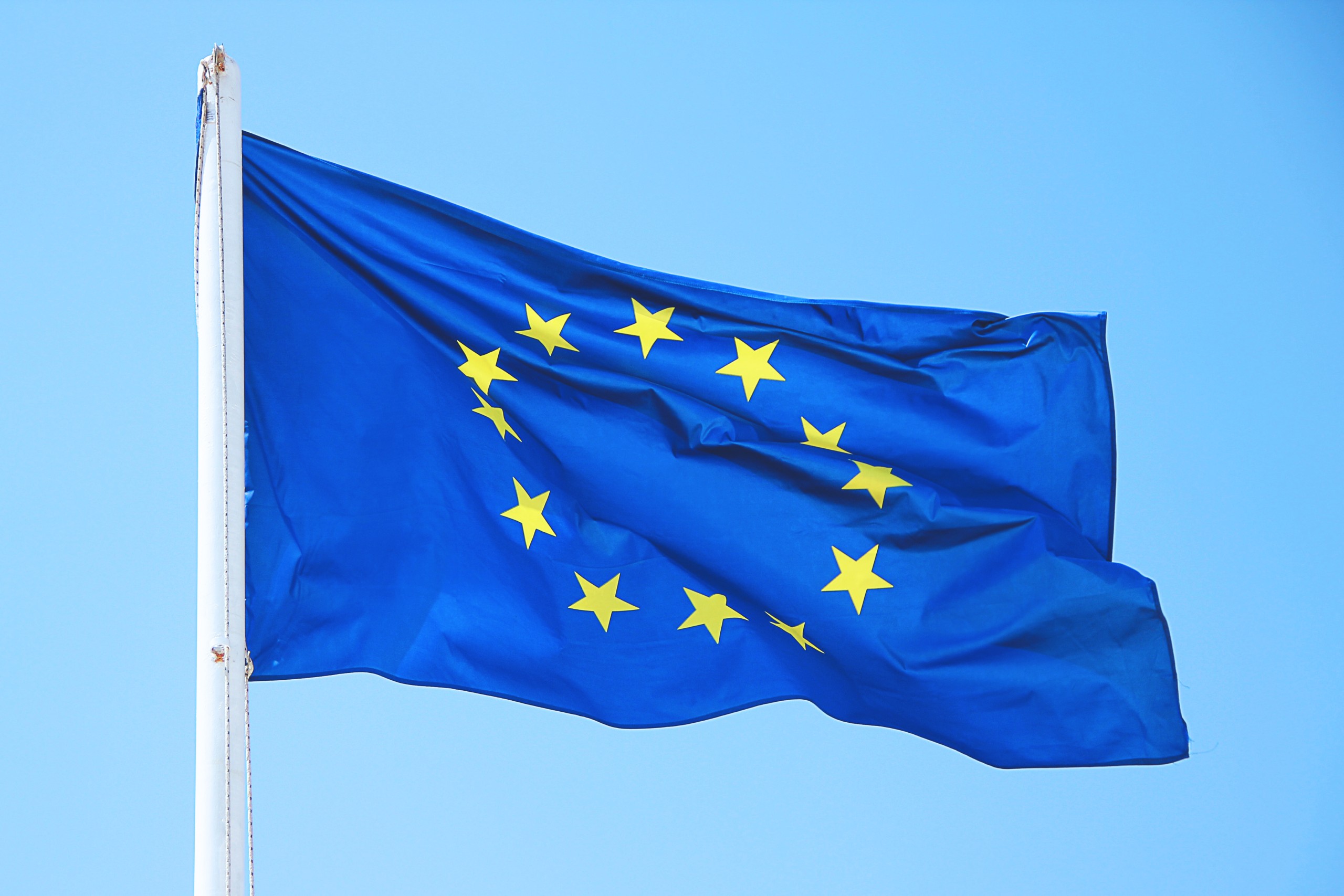
According to an October 19 announcement from the Council of the European Union, the ETIAS “will be ready to enter into operation in Spring 2025”.
The European Union’s ETIAS website has likewise revised its information, indicating that “mid-2025” is now the official commencement date. As the program is not currently in operation, the EU website clarifies that they are not presently accepting applications. This system, known as ETIAS (European Travel Information and Authorization System), will necessitate pre-approval for travelers hailing from the United States and numerous other countries seeking entry into most European nations.
ETIAS represents a shift from traditional passport stamping to a streamlined digital registration process. Its primary objective is to identify individuals who may present security concerns or are attempting to circumvent immigration regulations.
The travel authorization requirement, which carries a nonrefundable fee of 7 euros a person, or about $7.40 at current exchange rates, has already been delayed many times. It was initially slated for a 2016 launch, and meant to take effect in 2021, then 2023 and 2024, and now 2025.
ETIAS has faced repeated delays, with the most recent postponement occurring last week, as the European Union deferred its rollout until 2024. This system will be embraced by 30 European countries, including renowned tourist destinations such as France, Italy, Germany, Spain, and Greece.
ETIAS will impact more than 60 countries that currently benefit from visa exemptions when visiting Europe, encompassing nations like the United States, the United Kingdom, Canada, Australia, Japan, and Singapore.
Most applications will be processed in minutes and within four days at the latest, according to the EU. However, it can take longer, up to an additional 30 days for travelers asked to provide extra information or documentation or do an interview with national authorities, the EU said;
“We strongly advise you to obtain the ETIAS travel authorization before you buy your tickets and book your hotels,” the EU website said.
Public opinion is a bit complex as most understand why this has become a necessity for the sovereignty of the European nations, but after Brexit the UK has left the EU and will be subject to ETIAS. Steve Peers, a professor of EU law at the University of Essex, said he could envisage British holidaymakers having to apply online through a future EU electronic visa waiver scheme before traveling to Spain or France, for example.
“It’s going to annoy a lot of people,” he said. “We can ask for full free movement, but any arrangement is going to have to be reciprocal, so you have to ask what Nigel Farage and the others will accept. We have no idea what the rules will be.”
ETIAS is also likely to cause disruptions at airports outside of Europe, predicts Jun Wen, professor of tourism at Australia’s Edith Cowan University. He says that in the months after it launches, many travelers won’t know they need an ETIAS, and will then be barred from boarding their flight to Europe. However, both Wen and Lee believe that ETIAS won’t deter many people from visiting Europe.





